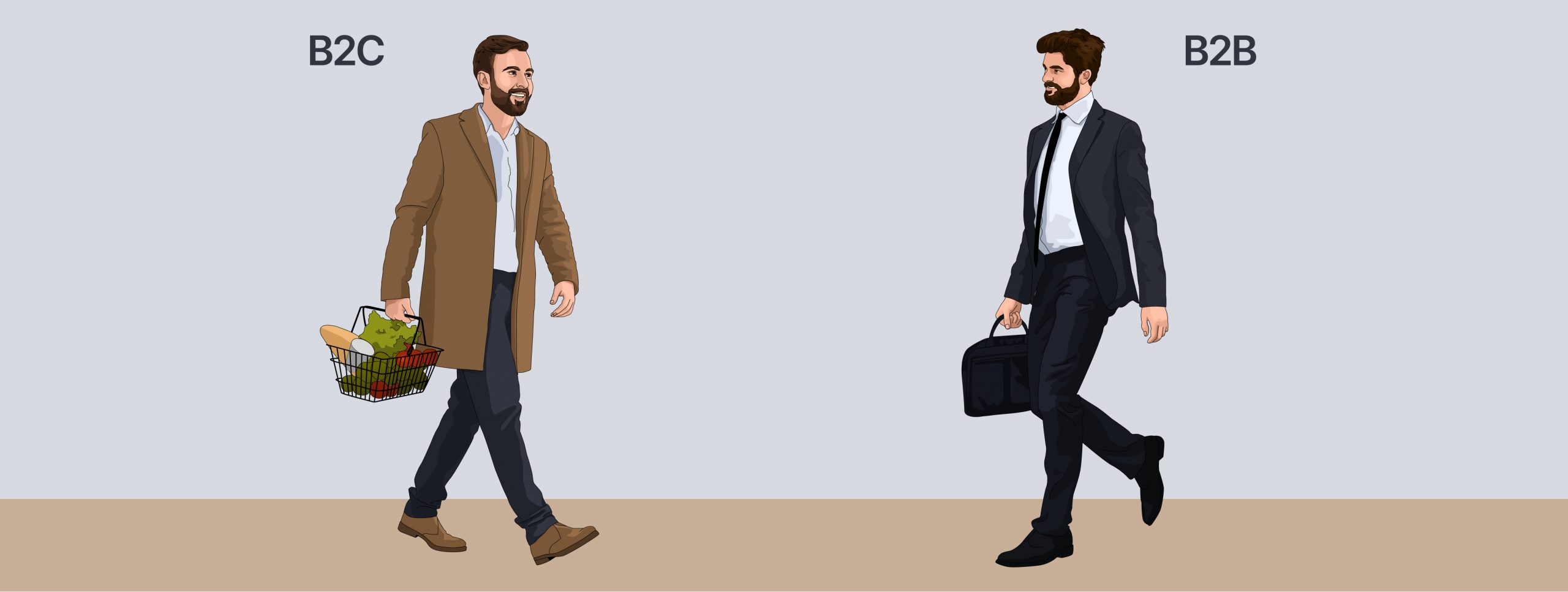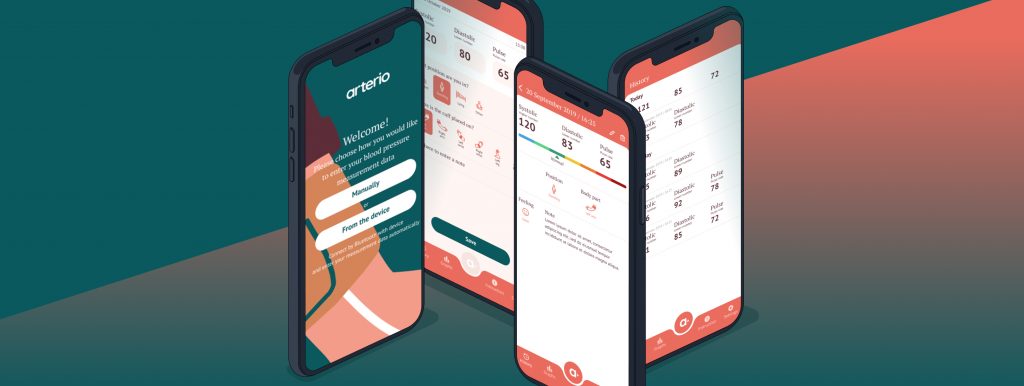In the fast-paced world of business and technology, custom software development has become a critical component for companies seeking to address specific needs and enhance their operations. Whether in the B2B or B2C sector, creating tailored software solutions requires careful consideration of unique challenges and requirements.
B2B and B2C Software Definitions
Before discussing the specifics, let’s briefly define B2B and B2C software.
B2B software refers to applications and platforms designed to cater to the needs of businesses, for example, targeting professionals such as accountants, lawyers, and other specialized roles. These applications often have complex functionalities tailored to specific business processes and require a deep understanding of the industry.
On the other hand, B2C software serves the general public and focuses on individual consumers. B2C applications are typically designed to be user-friendly, intuitive, and visually appealing, as they cater to a broader audience with varying levels of technical expertise.
In custom software development, B2B and B2C projects diverge significantly, demanding tailored approaches to address each sector’s unique challenges. As we explored the intricacies of both domains, we identified five key differences that stand out in the development process:
- Differences in Testing Hypotheses.
- Update frequency.
- Varied system loads.
- Diverse monetization models.
- The start of users’ interaction with the software.
Let’s delve deeper into these five distinctions to understand better how the specificities of the B2B and B2C sectors impact the development process.
Differences in Testing Hypotheses
One key difference between B2B and B2C software development lies in the testing of hypotheses. In B2B, it is more challenging to test quantitative hypotheses due to a smaller target audience: each business has its unique workflow and requirements. B2B applications often serve niche industries or specialized functions, which limits the number of potential users available for testing.
Additionally, B2B software solutions may require extensive integration with existing systems and processes within the organization, making it more difficult to isolate and test specific hypotheses in a controlled environment. As a result, the development team must adopt a more personalized and iterative approach to gather feedback and validate assumptions effectively.
Update Frequency
B2C software products typically demand more frequent updates to stay competitive and retain users. Consumers expect constant improvements, new features, and bug fixes to enhance their experience continuously. Rapid development cycles and quick releases are critical in the B2C sector to address user feedback promptly and stay ahead of the competition.
However, frequent updates in the B2B landscape may disrupt users’ workflow and reduce productivity. Communicating effectively with organizations, involving them in the update planning process, and ensuring that updates can be seamlessly integrated into their existing workflows is essential.
Varied System Loads
B2C platforms typically experience higher user loads compared to B2B systems. The sheer number of users accessing B2C applications simultaneously can create significant server loads and demand a robust infrastructure to maintain smooth functionality. High scalability and performance are essential in B2C software development to ensure the application can handle the expected user load without compromising user experience.
On the other hand, in the B2B landscape, the focus is often on optimizing the system to handle complex computations and data processing. B2B platforms may have a smaller user base, but the calculations and data analysis required can be more intricate and resource-intensive. This involves careful planning and design to ensure the system can efficiently handle the workload while maintaining accuracy and reliability.
Diverse Monetization Models
B2B apps often offer subscription-based services to organizations, providing access to specialized tools and features. The subscription model allows B2B software providers to offer different tiers of service and pricing options based on each client’s specific needs. Additionally, B2B applications may require integrating payment systems and gateways to facilitate smooth subscription management and invoicing processes.
In contrast, B2C applications are often free for users but generate revenue through advertising, in-app purchases, or premium subscriptions. B2C software development involves incorporating ad-serving platforms, in-app purchase systems, and user profile management to facilitate revenue generation. The focus is on offering opportunities for users to make additional purchases or engage with sponsored content.
The Start of Users’ Interaction with the Software
Implementing a new software solution in the B2B sector often requires user training as the systems are tailored to specific business processes and may not be as intuitive for employees. Unlike B2C applications designed with user-friendliness in mind, B2B platforms often serve complex business needs, necessitating thorough onboarding and training to maximize their benefits.
The training process may involve:
- Providing instructional materials.
- Conducting workshops or webinars.
- Offering ongoing support to help users navigate the intricacies of the software.
Considering the time and resources required to train employees effectively is crucial, as it can directly impact user adoption, productivity, and the overall success of the B2B software solution.
Exposit’s Expertise in B2B and B2C Projects
Custom software development in the B2B and B2C sectors presents unique challenges, requiring tailored approaches to meet diverse business and consumer needs. At Exposit, we have extensive experience in both realms.
Our portfolio reflects a wide array of projects, illustrating our expertise in tackling complex B2B projects, optimizing workflows, and empowering organizations with cutting-edge technology. Simultaneously, we have excelled in creating user-centric B2C applications, captivating audiences through intuitive interfaces and innovative features.
Whether you need custom B2B software to improve your business processes or engaging B2C applications to attract consumers, Exposit is here to help. Our seasoned team is poised to embark on your next software journey, ensuring a smooth development process that satisfies your goals and sets new industry standards.






